This is a difficult time of year. Not quite winter and not quite spring, there are few holidays to celebrate and precious little opportunity to adjust to Daylight Savings if you’re in the U.S. Plus, you know, the many ongoing crises of the world. No wonder more people are complaining about reading slumps! To help, here are five books that helped me break out of my routine. There are two Middle Grade titles on this list, because easing back into reading can be fun when you ditch the textual density but not the emotional impact. However, those two titles are extremely different from one another, and from the other books on the list. There’s noir-ish mystery, Redwall-esque adventure, and sci-fi psychology here, along with plenty more. Try something new or find something familiar to alleviate your March doldrums.
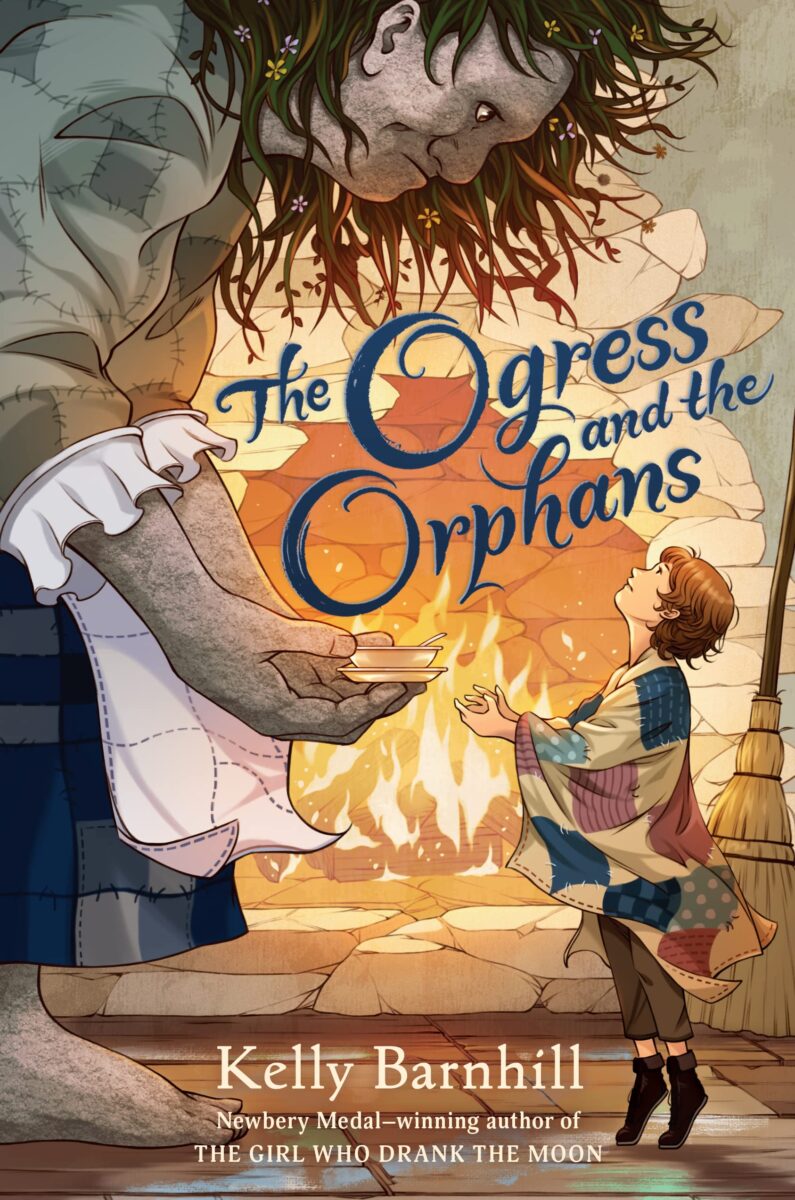
The Ogress and the Orphans (Kelly Barnhill) – Fiction has been contending with current events for as long as stories have existed, but this novel—theoretically for Middle Grade readers, but with wide appeal—is perhaps the first comprehensive take on the Trump years specifically. Lucid and heart wrenching, Barnhill tackles the complexities of how a community can fall to a malicious but charismatic leader, and also how they can repair the effects of xenophobia and self-interest. While I am not confident that an endlessly patient and saintly immigrant should be the only model presented, Barnhill is writing for children in the mode of fairy-tale archetypes, not realism, and her parable is clear. Though the plot is slow and the book perhaps too long, Barnhill never deviates from her compassionate focus on the question what is a neighbor? The answer, though hopefully not surprising, is deeply felt.
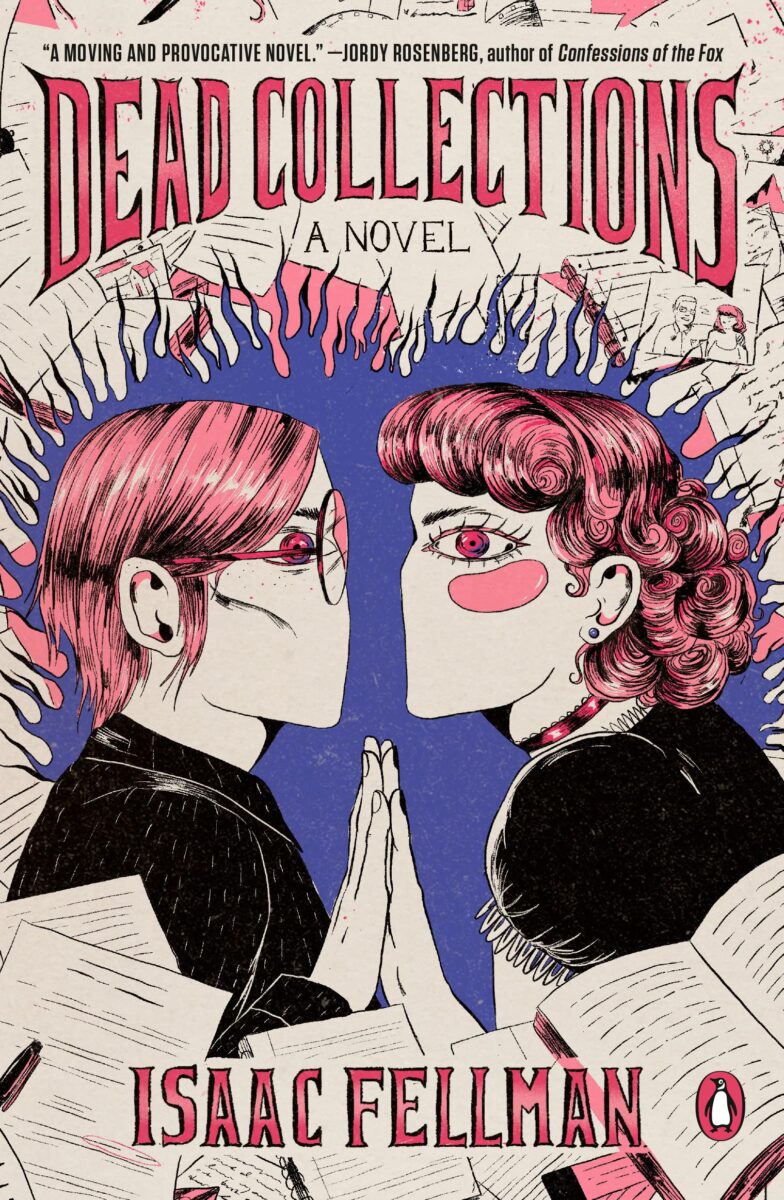
Dead Collections (Isaac Fellman) – The sexy librarian is alive and well—in a manner of speaking, since Sol is more “living dead” than strictly “living.” Infected with vampirism to save his life, he now exists in between states: his gender transition is frustratingly incomplete, as is the rest of his life. Only his job as an archivist and his fandom—specifically for a science fiction show called Feet of Clay—sustain him. But when the widow of Feet of Clay writer Tracy Britton turns up with her wife’s archives, Sol begins finding reasons to live and not just exist. Tender but unflinching, this romance is what I am going to call the “new epistolary,” existing not in letters but in posts on fanfic sites, emails, and texts. A very modern romance with a rather old soul (in more senses than one), this book immediately got pride of place on my shelf.
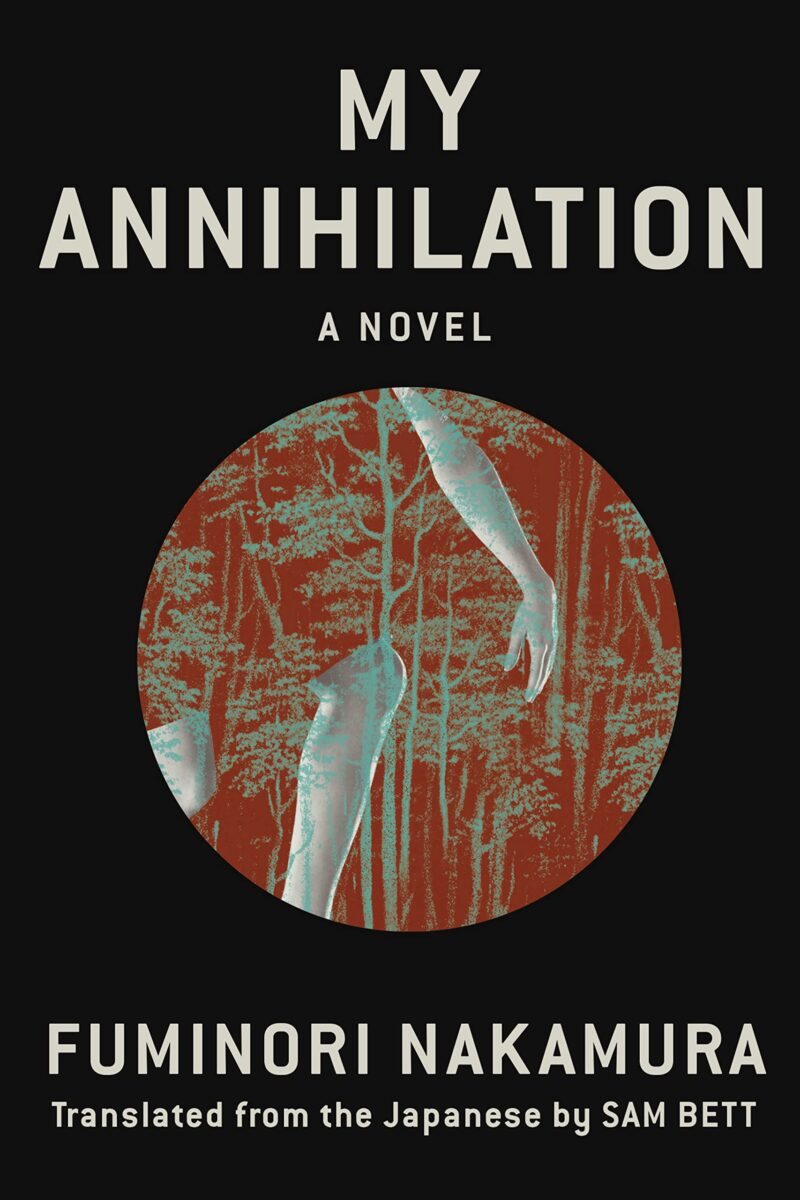
My Annihilation (Fuminori Nakamura) – A man arrives at a remote cabin in desperate secrecy and finds paper that seem to be a diary—or a confession. But how do they involve the narrator? And what is really in the suitcase in this distant room? The first third of My Annihilation is reminiscent of early Ryu Murakami, specifically In the Miso Soup. There is a very deliberate darkness, thorough and deep, but as the plot turns My Annihilation wanders more into the territory of science fiction. Nakamura remains more interested in the theoretical limits of the human psyche than the realistic outcomes of particular scenarios, and here he explores the mutability of consciousness. Is it possible to diminish someone’s personality to such an extent that they become clay, able to take the impressions of a dominant mind? Is such a state even desirable when the cause is justice—or vengeance?
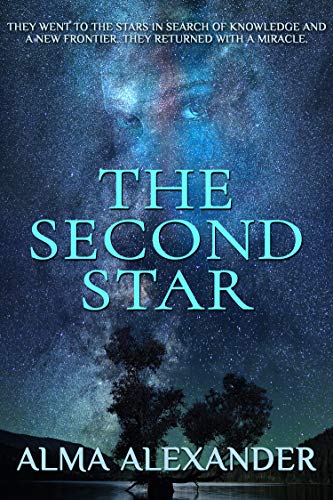
Second Star (Alma Alexander) – Humanity’s first foray into deep space came to a tragic and silent end—or so we thought. But when the second crew sent out to the stars finds the Parada, they find their predecessors adrift but alive—and perhaps broken beyond repair. Two hundred years have passed, and the six crew members all suffer from a form of Dissociative Identity Disorder. Maybe. Or are there other presences among their splintered personalities, unearthly ones? The premise is excellent but the execution falters in the last third, when characters devolve into speechifying. There is also an out of character marriage, which stretched my suspension of disbelief to breaking. Alexander should have used a lighter hand in exploring the (predictable) twist, but the finale does not spoil the otherwise fascinating exploration of the dueling human urges to explore and embrace, but also to deny and defend against hard truths. Please note there are religious overtones (not proselytizing, though, I would argue) so if that is not something you want to read, please skip this one.
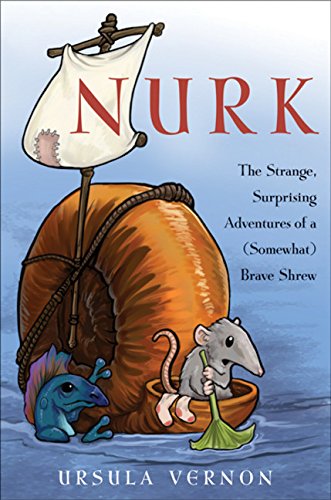
Nurk: The Strange, Surprising Adventures of a (Somewhat) Brave Shrew (Ursula Vernon) – Ursula Vernon, aka T. Kingfisher, is a perennial favorite at Geekly Inc., but we’ve mostly run out of her novels for adults. Her novels for younger readers, though, are equally amazing. They’re also not remotely tame or saccharine. Nurk, we soon discover, enjoys his creature comforts but is also profoundly inspired by a portrait of his grandmother, which features her brandishing severed heads. Understandable! It only takes a bit of a mail mix-up to get Nurk on his way to adventure. Like Vernon presumably was, I was likewise disappointed in childhood to learn that dragonflies were not, in fact, small dragons. She remedies that cosmic injustice here by creating an entire kingdom of tiny dragons, as well as a terribly wicked mole, a helpful but somewhat obscure newt, and some surprisingly personable fish. It’s Redwall with a wryer sense of humor, and also a bit more terror. I was genuinely unnerved by one particular scene, and all I will say is that you will be suspicious of caterpillars for a long time after you finish.
